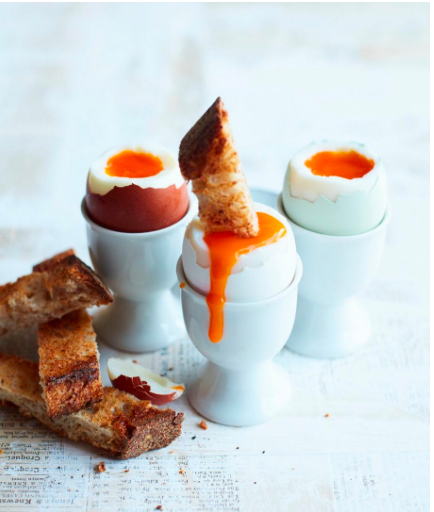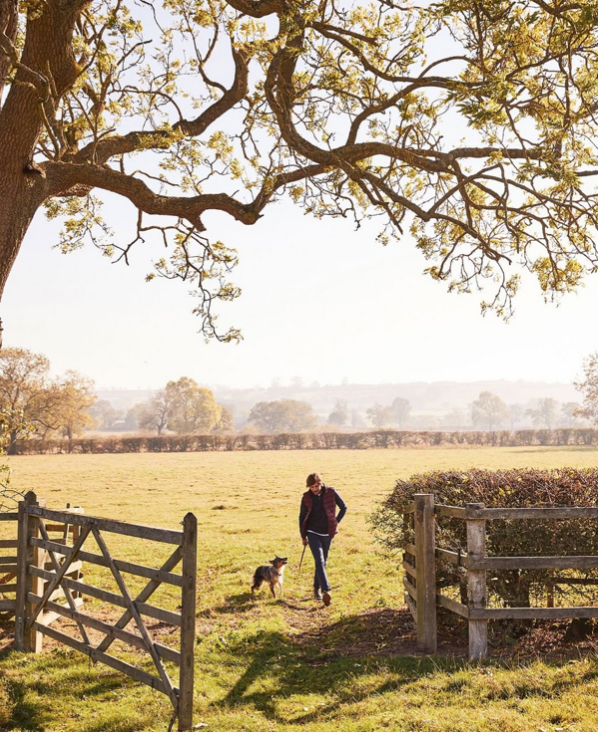Huge thanks to Sophie Richmond (find her on instagram @balancing_bambi) for this amazing series of posts on Recovery from an Eating Disorder. Sophie is not currently a nutritional professsional or therapist but is going to be studying an MSc in Clinical Nutrition and Eating Disorders at UCL from September. I am sharing these posts as inspiration and because I think it is important to show that recovery is possible and happens.
Check out the first RECOVERY STORY POST.
FOOD
There is the common (and incorrect) assumption that people with anorexia ‘don’t get hungry’ or ‘don’t like food.’ In my case neither were true; of course I got hungry and I had, until I became ill with anorexia, really enjoyed food. In ‘recovery’ it is always important to be aware of who is in control of your preferences in relation to food. When you say you don’t ‘like’ a dish – is that true or does your eating disorder dislike it. For me, I had always detested butter and creme fraiche so it was normal for me not to want those foods. However, from a very young age I had always loved really good quality cheeses such as ‘Stinking Bishop’ and ‘Epoisses’. When I told people ‘I don’t like cheese’ it was actually my eating disorder.

You may find it helpful to delve into your childhood memories of food and consider what you enjoyed before your eating disorder – before you knew about calories or diet culture. I always loved fruits and vegetables but anorexia made me obsessive about weighing quantities and avoiding fruits (and some vegetables) that were deemed too high in carbs. I grew up in the countryside and had idyllic memories of eating countless apples, pears and plums in the orchards with my Grandpa with a freedom I could only dream of in the midst of anorexia. Our fingers would be stained with purple juices as we picked blackberries for jam whilst devouring our fair share – not thinking of snacks or allocated portions (I don’t think much jam ever got made!). Was I happy during these times? Yes. Did I want that enjoyment and pleasure back? Yes. I had to make that choice and challenge the rules I had made for myself in order to recapture that freedom. These countless happy food memories would all be impossible to revisit whilst I clung to my ‘comfort blanket.’
I remember sharing ‘Dip Dip Eggs’ with so much pleasure with my Grandpa, loving the molten yolk oozing out over the ‘soldiers’. Anorexia made me hard boil the egg in order to carve out the yolk and only eat the white. During my recovery I found topping my meals with poached eggs (like a shakshuka) helped me capture that happiness and love from someone who cared about be so deeply – someone who bought every colour of Joules bed socks to keep my feet warm when my starved body could not warm itself, someone who wanted me to be happy and healthy, not sad and starving.

Anorexia makes you associate food with calories, diets and weight; confining it purely to ‘fuel’. But it is so much more than that. You WILL need to eat more too nourish and repair your body – but you are allowed to like food and enjoy tasting and cooking as you slowly overcome your fears. I love Moroccan and Indian cuisine for the bursts of flavour in the spiced sauces. I love tomato dishes, vegetables, fish, quinoa, lentils – all foods deemed ‘healthy’ – equally I love baked Camembert with red onion chutney or a homemade apple crumble with custard (although I cannot stand bread and butter pudding). The key is I am in charge of these choices.
I cannot stress the importance of articulating how you feel about food. Externalising and discussing your thoughts allows you to ‘rationalise’ your fears (a registered nutritionist or dietitian is ideal). My mother sat through every meal with me, listening to my worries and showing me that a potato was nothing to fear. She, like my Grandpa, helped me see that food would help repair my thinning hair, my chipped nails, keep me warm and let me think clearly. She wanted me to live, she needed me in her life. The only way I would still be here for her is if I ate.
EXERCISE
Many people will find that their eating disorder spiralled into obsessive exercising and therefore, in recovery, it can be daunting to learn how to enjoy exercise and value the movement of your body – rather than seeing it as a punishment for what you have eaten. I would suggest that you get rid of all trackers and calorie counters (this is really difficult but I promise that you will feel better) and look to gentle activities that you do not do on your own.
Yoga is a relaxing, calming form of movement which encourages you to develop a healthy, respectful relationship with your body. I also found walking my dog with my mother (or a friend) was a good way of getting outside, connecting with nature and doing an activity that was focused on helping my boxer not burning calories.

For me, spending time outside in the garden really helped with the mental challenges of recovery. Planting and nurturing our flowerbeds, watching them regrow with enough care and nourishment, was like an analogy of my journey to recovery. Sometimes the roses took a battering from too much rain, or withered slightly with too much sun, but with with a bit of love they would always bloom again.
Be aware of the amount of exercise you are doing – and the reason you are doing it. If you find yourself making excuses to walk a bit further or do a bit more try to find the strength to be honest with yourself and see that your eating disorder is slowly taking over again. Speak to someone you trust about your concerns. Your eating disorder will convince you that you are being ‘healthy’ and that there is nothing to worry about but I cannot stress enough that battling an eating disorder requires support – in the short term giving into the urges to over exercise or restrict your food intake will seem like an ‘easy’ solution. I promise you, the more you listen to the eating disorder, the more trapped you become.
No one will be angry if you ask for help. If you have started exercising on your own then ask someone to come with you. If this is not possible, try to set a time limit (perhaps listen to a podcast and promise you will stop when it finishes) or make an unmovable arrangement afterwards. Gentle exercise should be a pleasure not a punishment. If you do feel the ‘voice’ of the eating disorder becomes too overwhelming, try to find activities to absorb your attention. We set up a 1,000 piece jigsaw which I could go and do when I need to completely to distract myself and become absorbed in a stimulating activity that would silence my eating disorder. Equally you could play music, read a book, go outside, do some mindful colouring or drawing. These may seem simplistic, but it is about altering your focus and not slipping into the vortex of self-loathing created by your eating disorder.